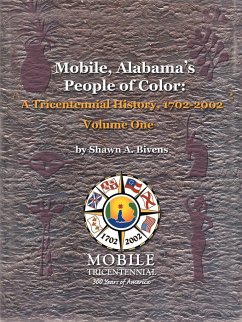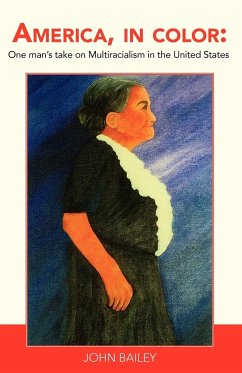For many years, historians wrote about local communities from the national level, or from the "top down." These major "players," for instance, were political leaders of national prominence, such as Lyndon B. Johnson, or Dr. Martin Luther King, Jr. In recent decades, however, researchers and writers of history began in earnest to study and write about, the history of people on the local level, or from the "bottom up." The major focus became men and women, or "players" from the "grassroots," or religious, social and educational change and cultural awareness. My purpose for writing Mobile, Alabama's People of Color: A Tricentennial History, 1702-2002 was to bring the Mobile African American community out of obscurity. Defining "points of departure" for this book spotlight specific individuals, events and places within the community, and their roles for three hundred years. While some of the local people highlighted in the book moved on to make their marks in other communities throughout the region, the country and abroad while maintaining their connections to the Mobile African American community, most of the local people became "movers and shakers" in the dynamics of change. I placed minimal emphasis on individual claims of "firsts." Instead, I chronicled accomplishments made by individuals over time; how these accomplishments helped shape the contours of change; and also demonstrated how these accomplishments helped to form a unique part of the "City by the Bay," thus highlighting the ways in which Mobile African American people have helped to shape the community, the country and the world. However, more than that, much more than that, I specifically aimed to help the community to learn about its past (the backdrop), in order to help them to appreciate the present and to understand the future ('We don't know where we're going if we don't know where we've been.') A great number of people in the Mobile African American community became part of that community during American Slavery. However, in spite of all that was "bad" and all that was "ugly," the book unveils an historical community that is "firmly grounded" in uniqueness and stands on its "goodness." Mobile Alabama's People of Color: A Tricentennial History, 1702 -2002 provides some of the unique history of that community.








